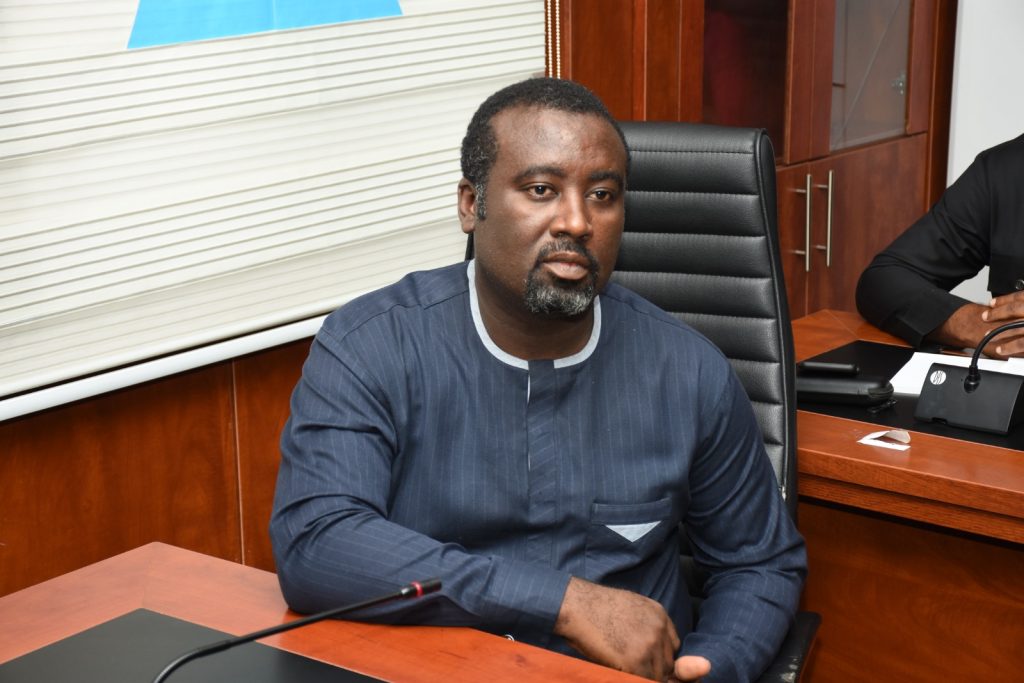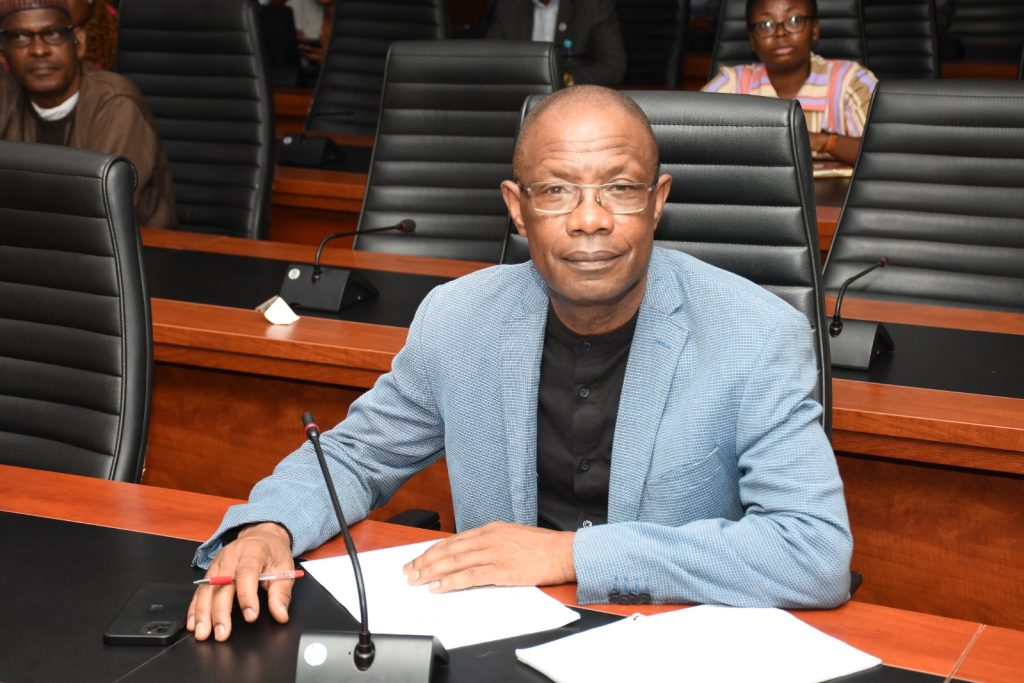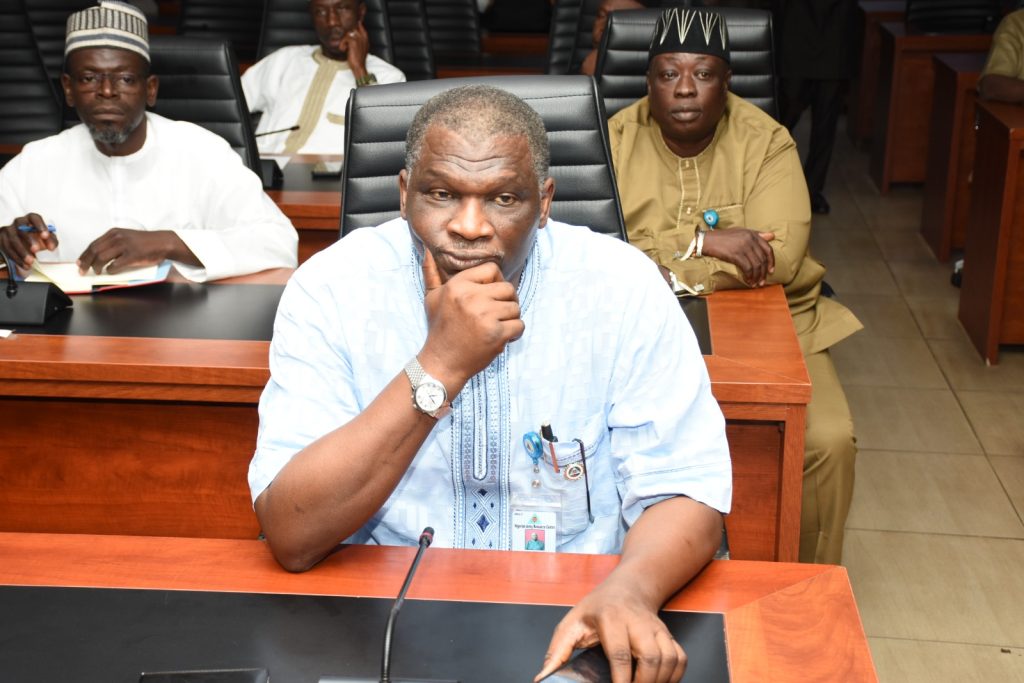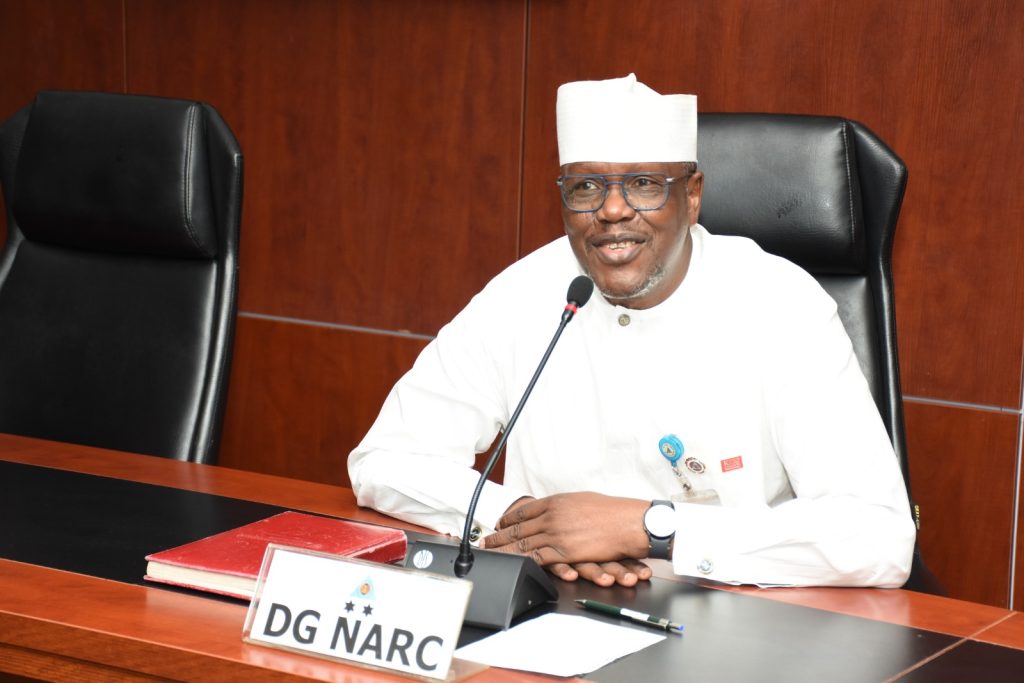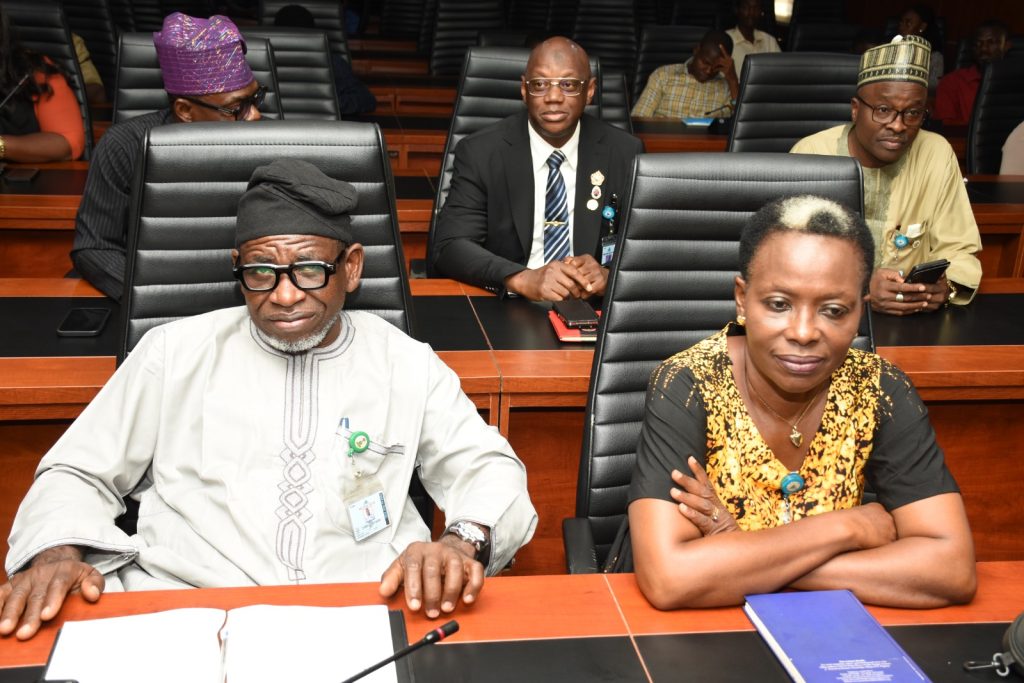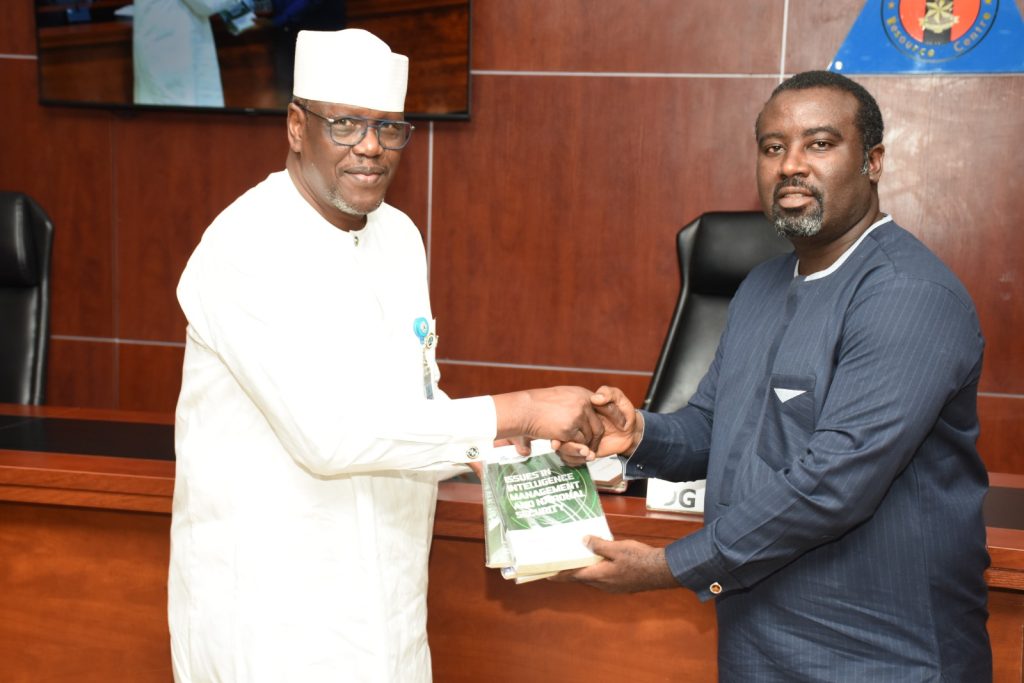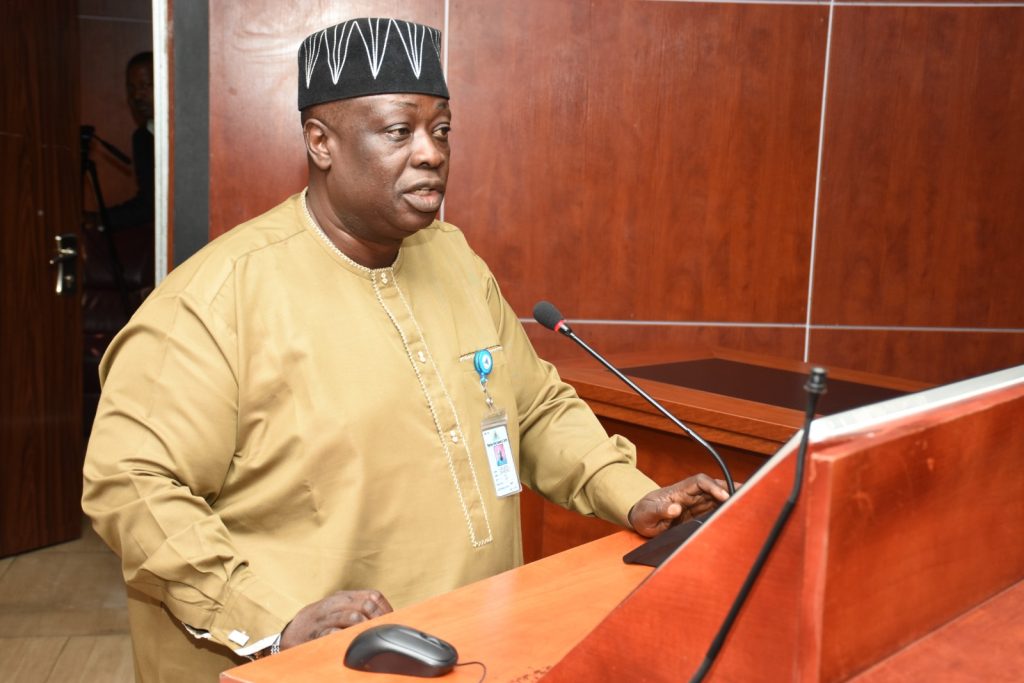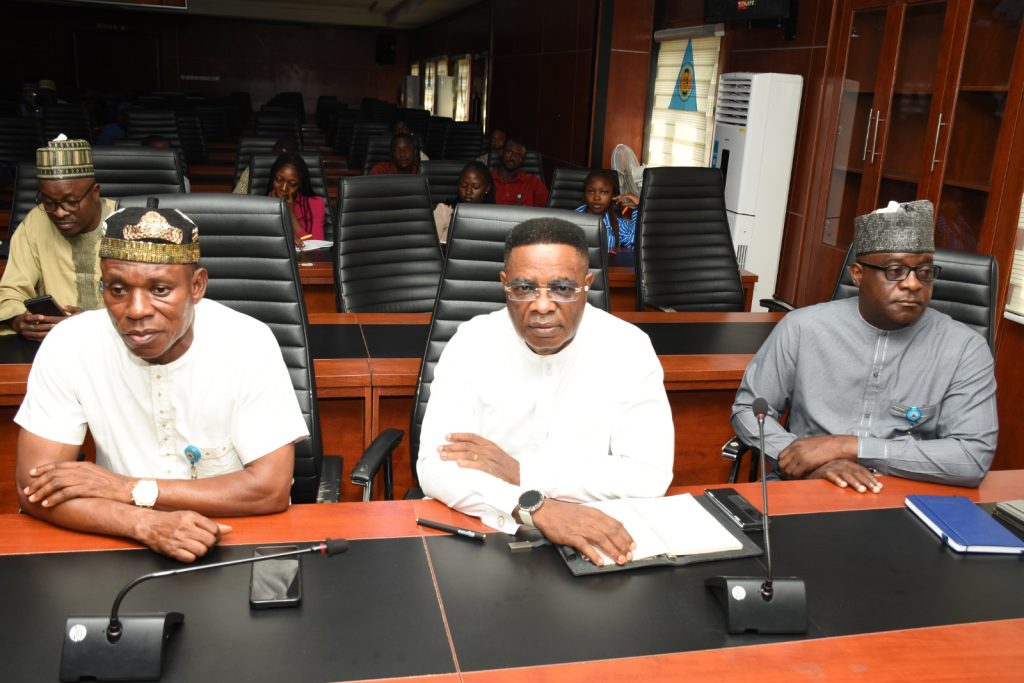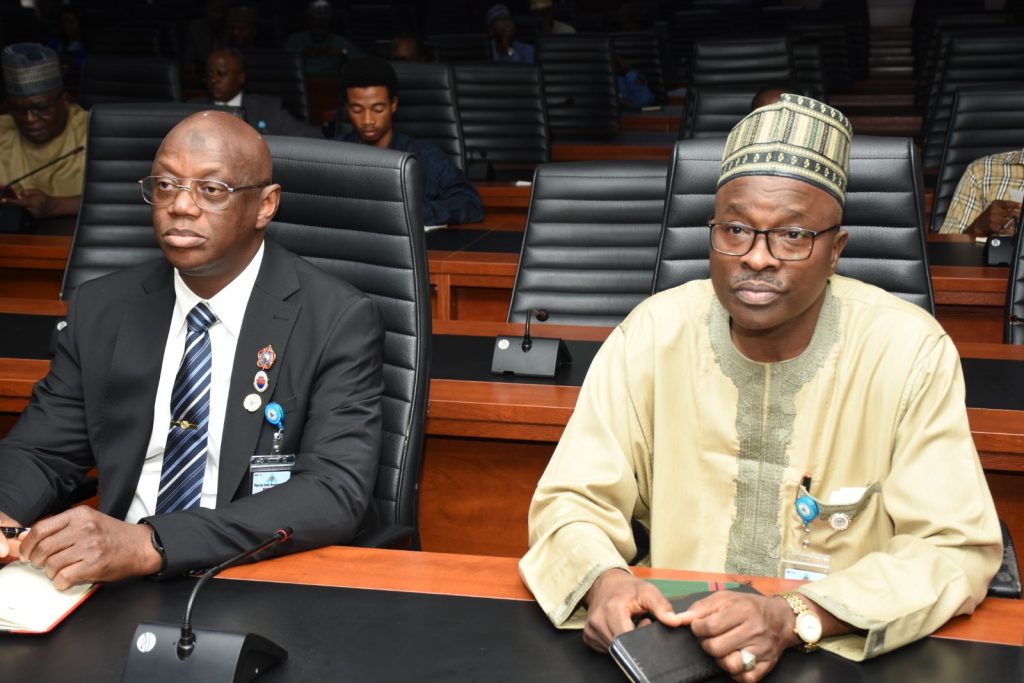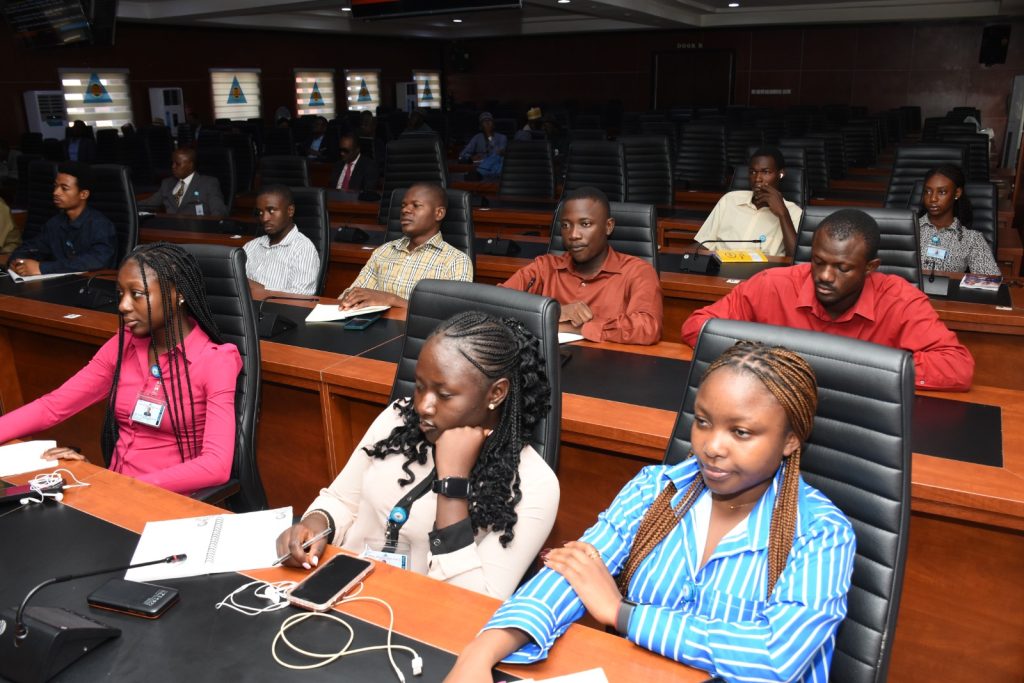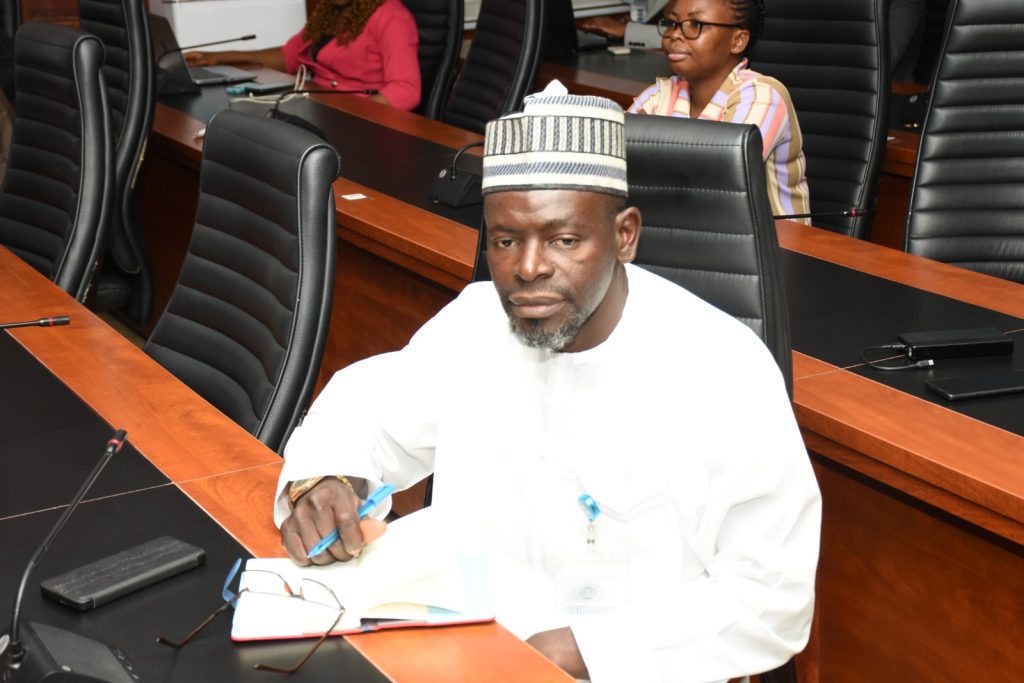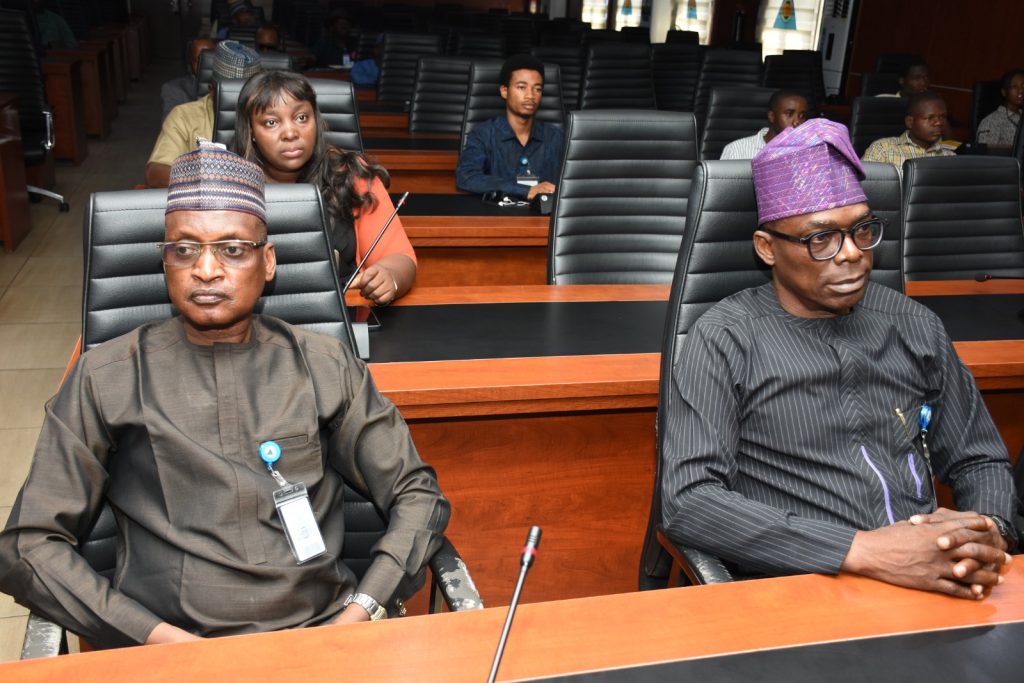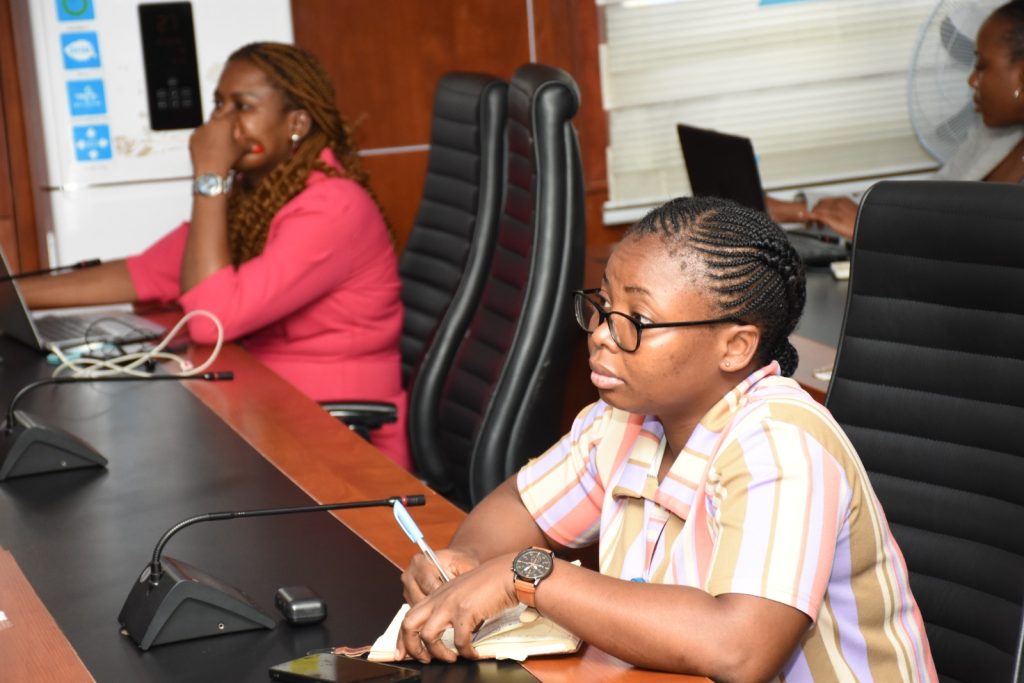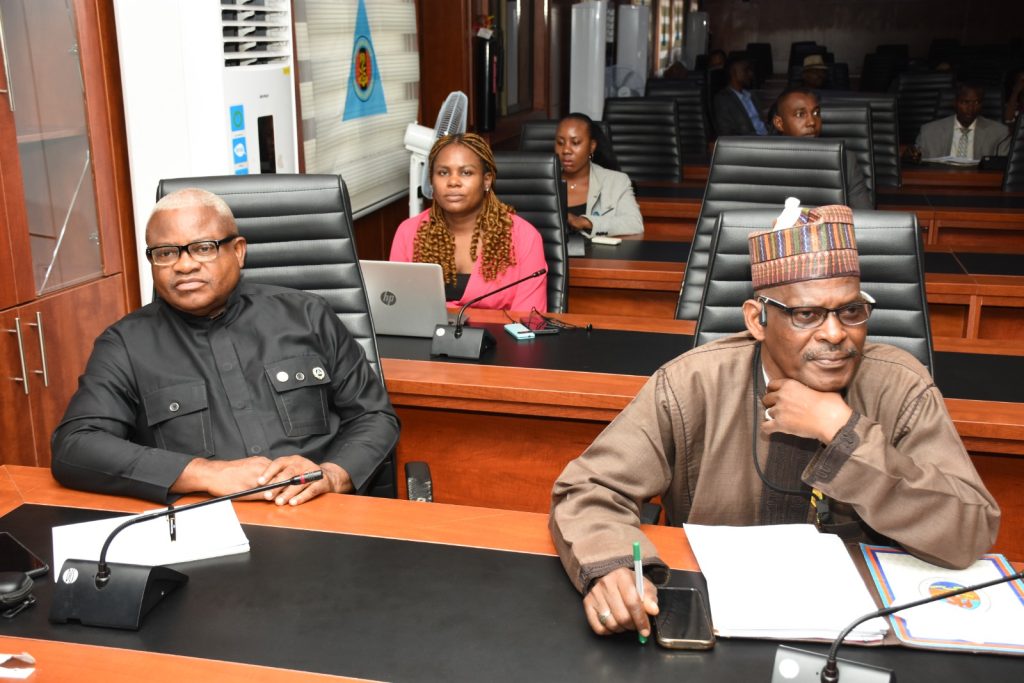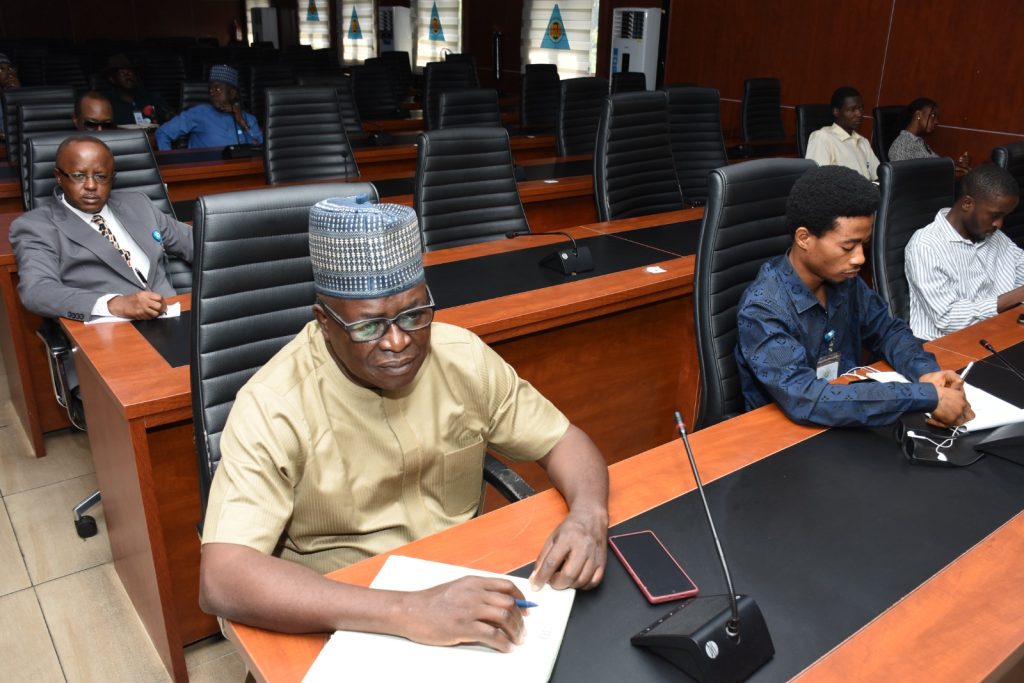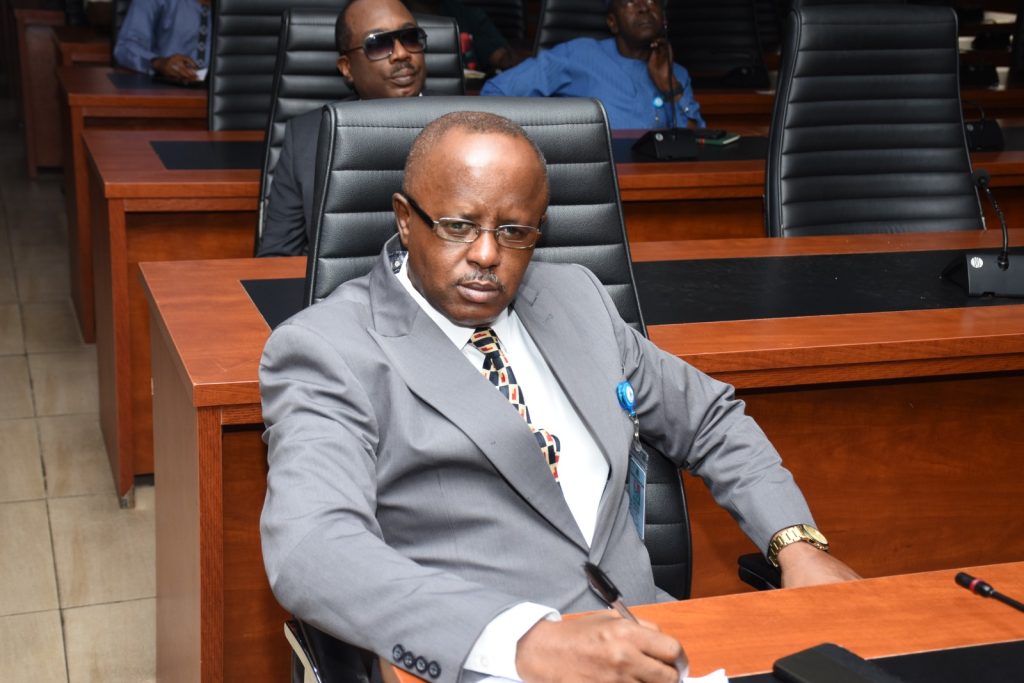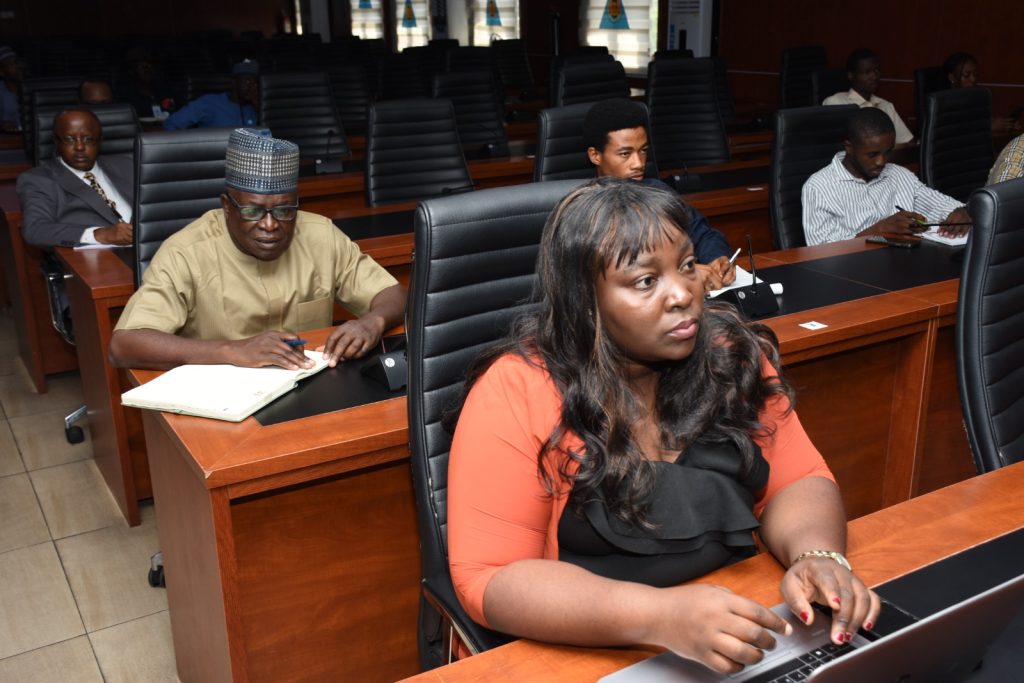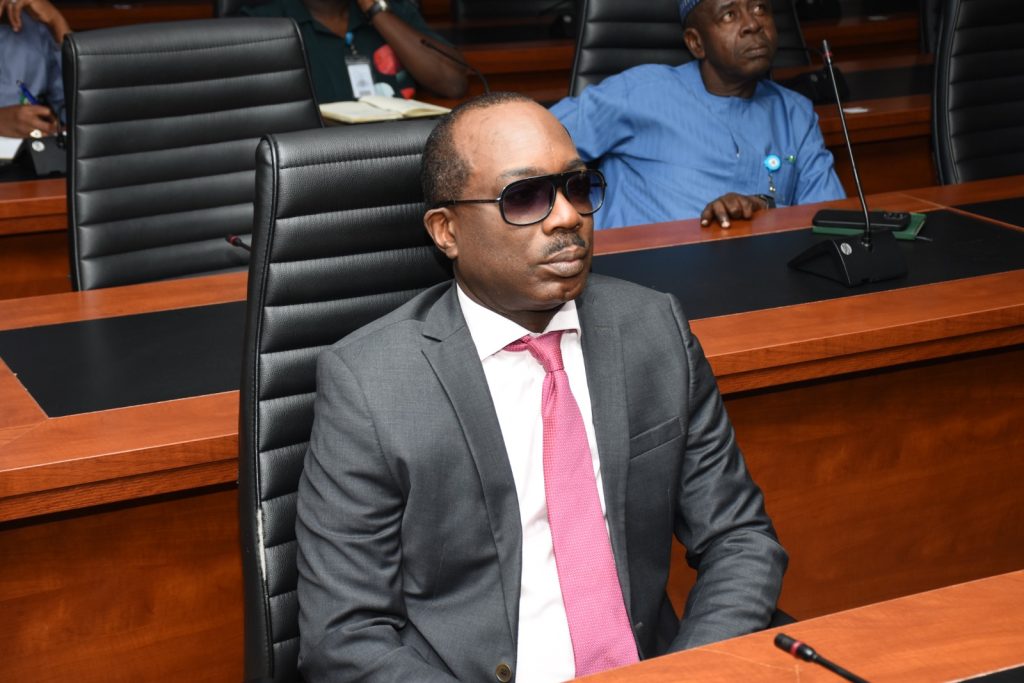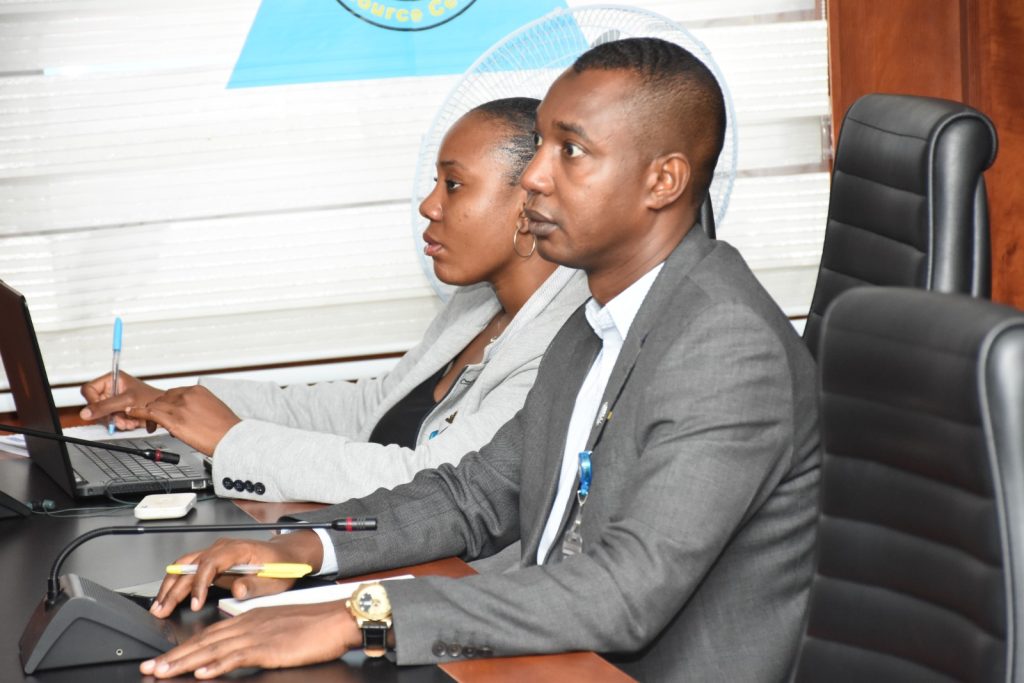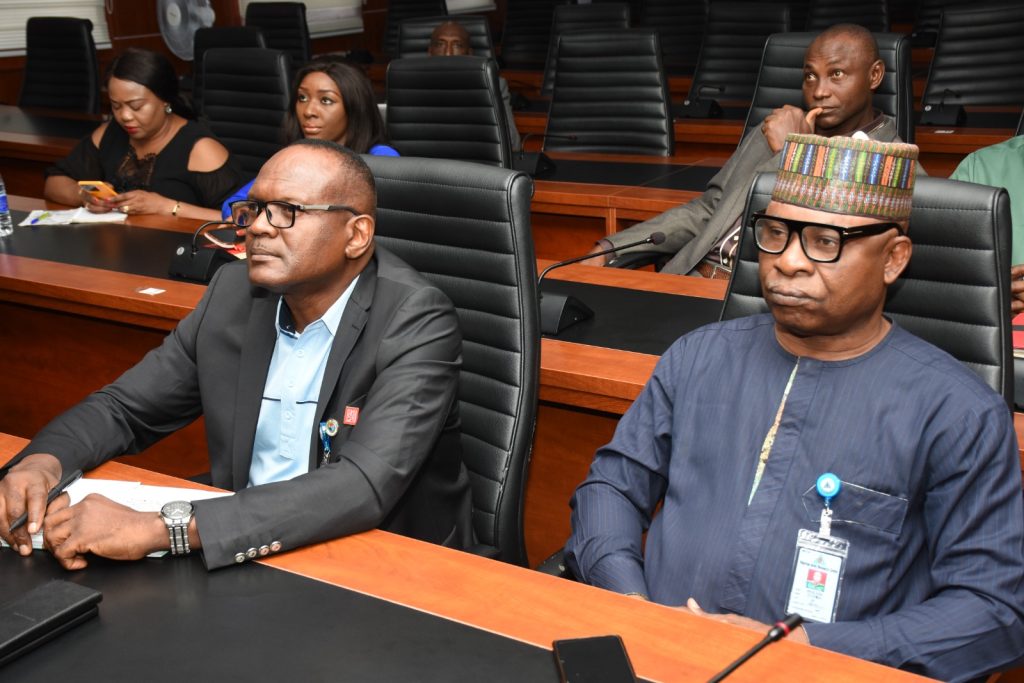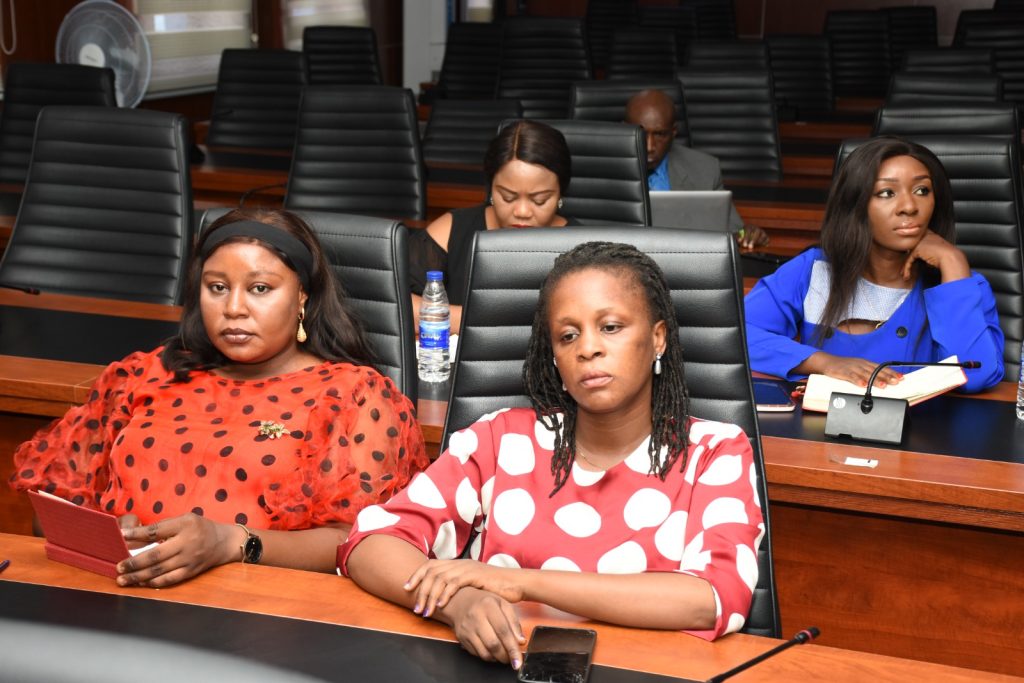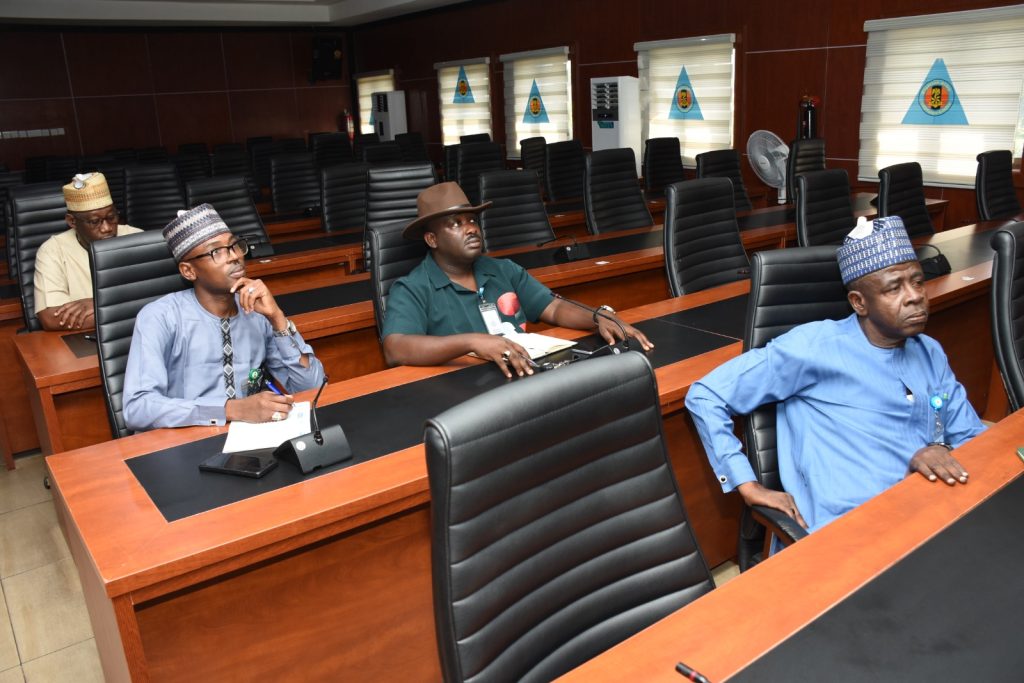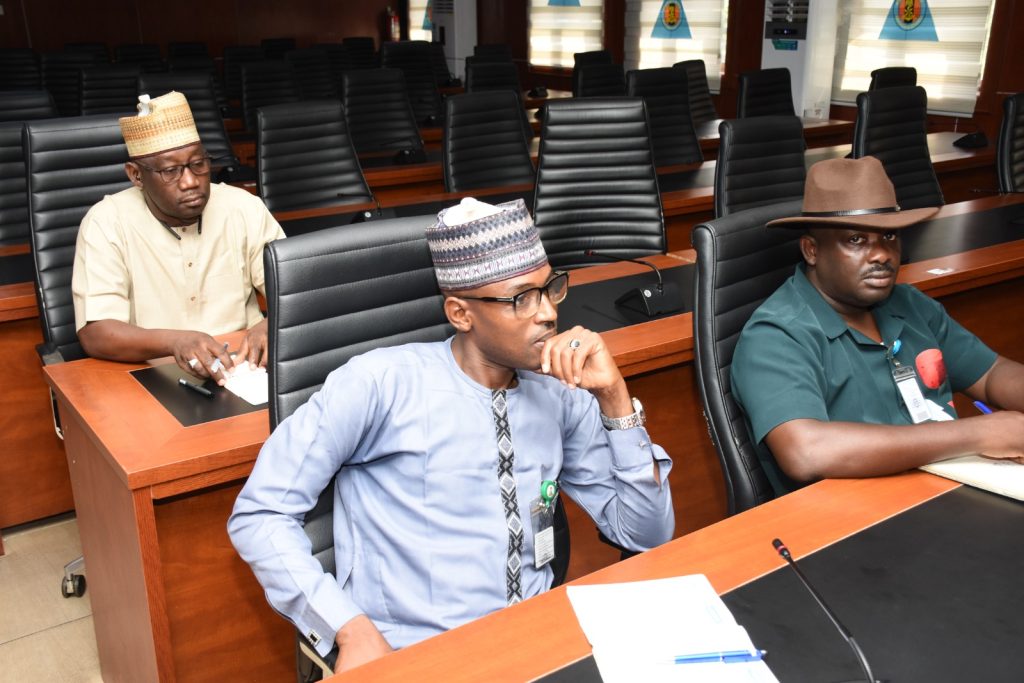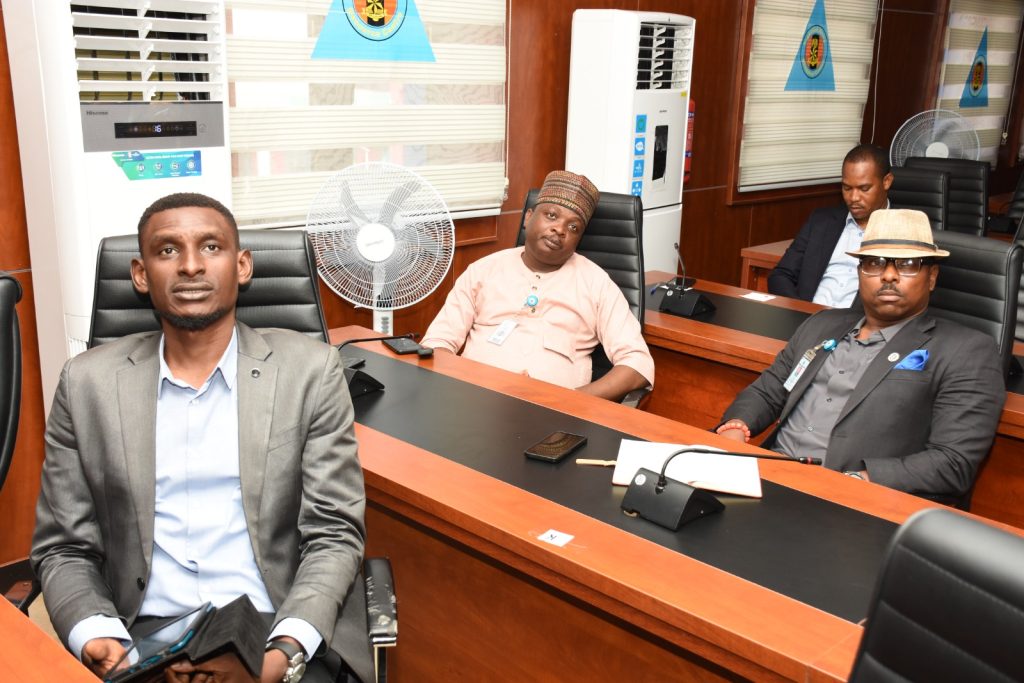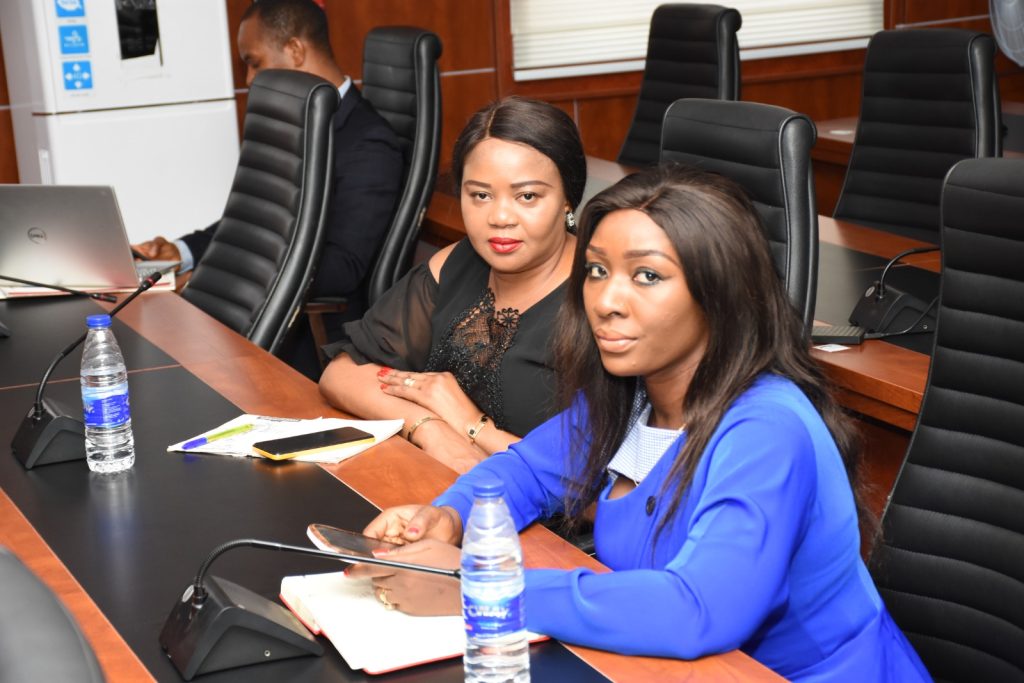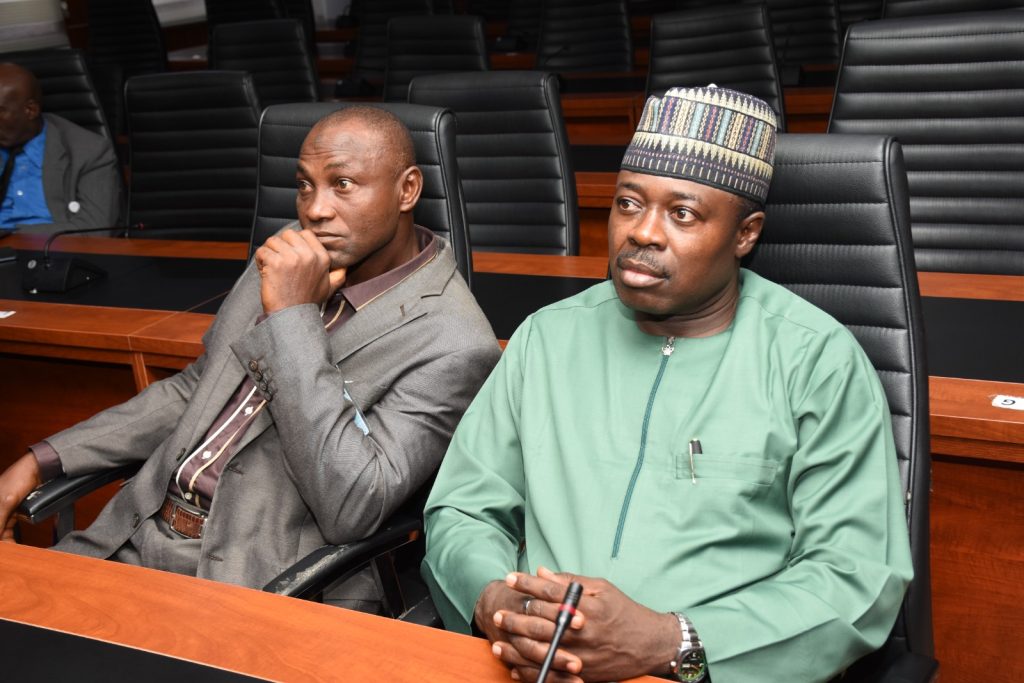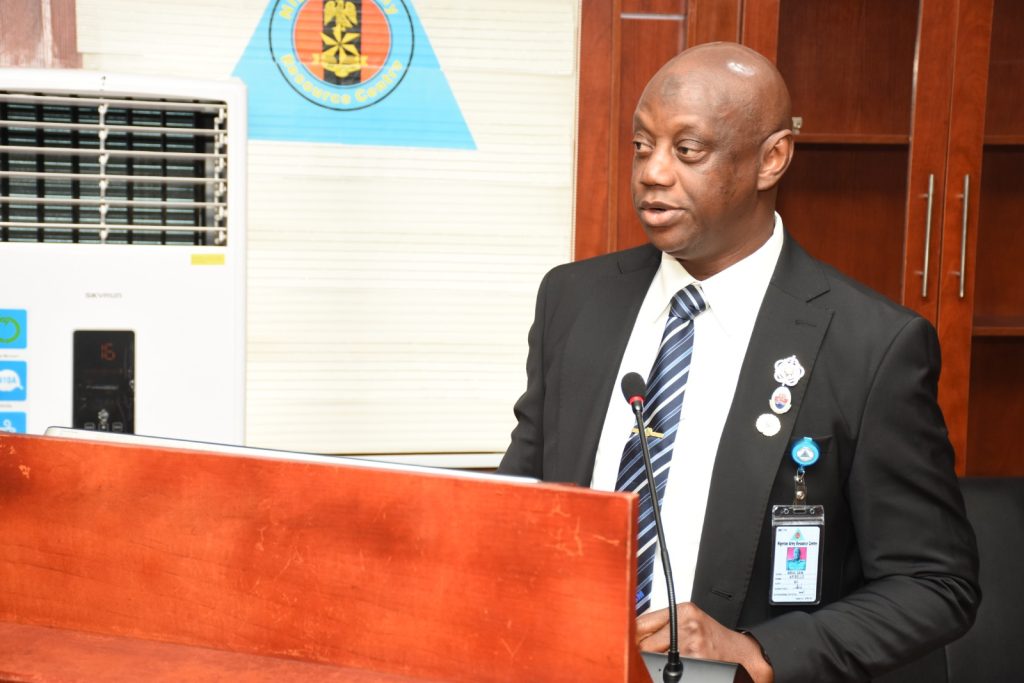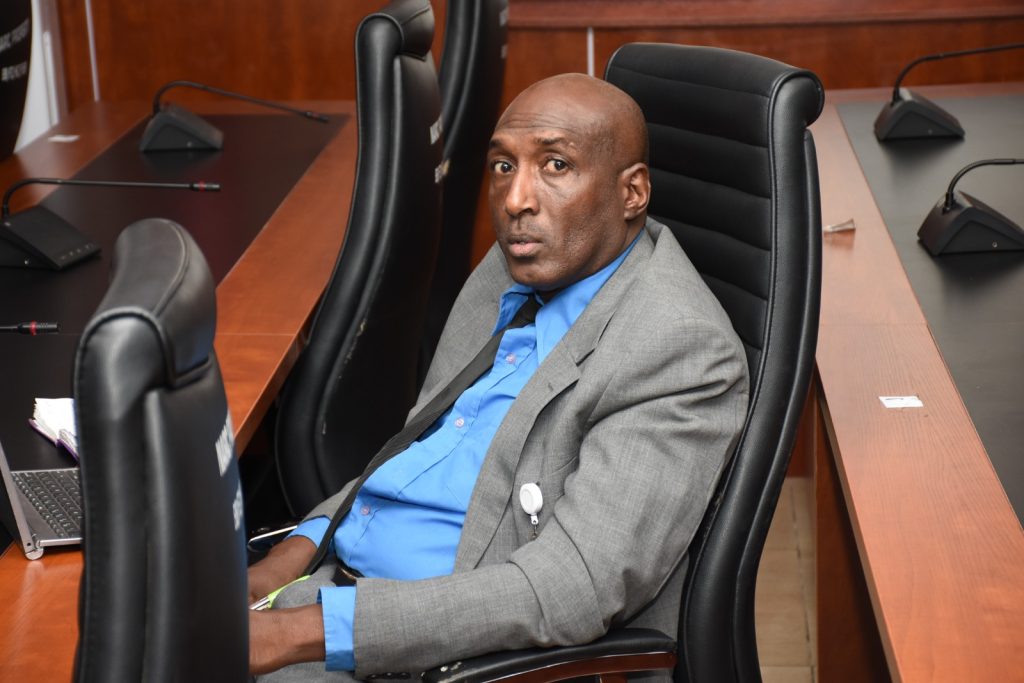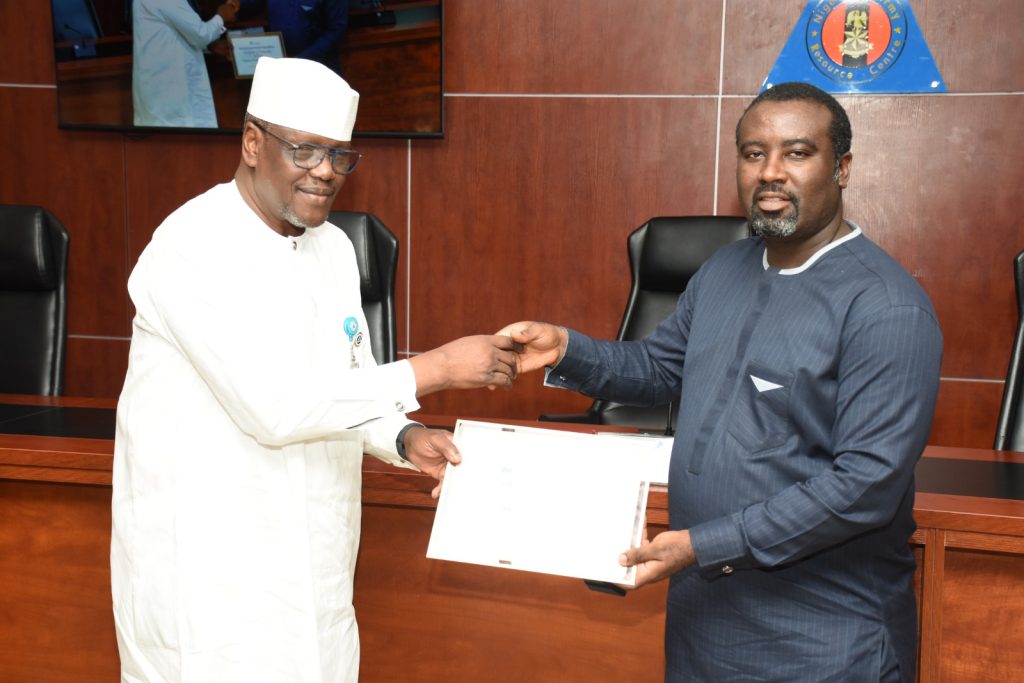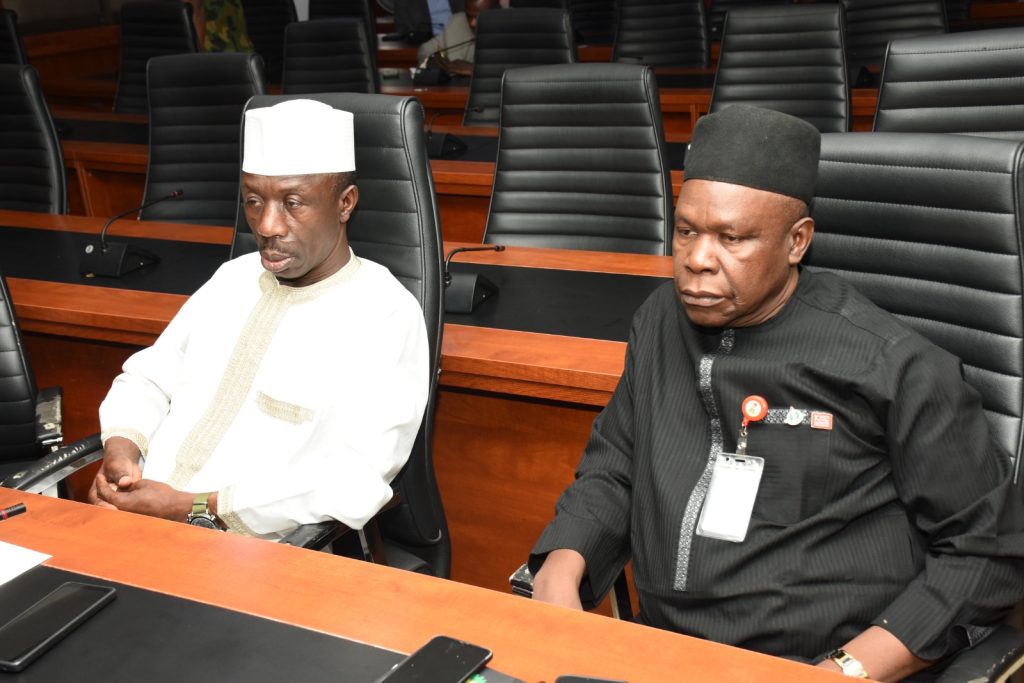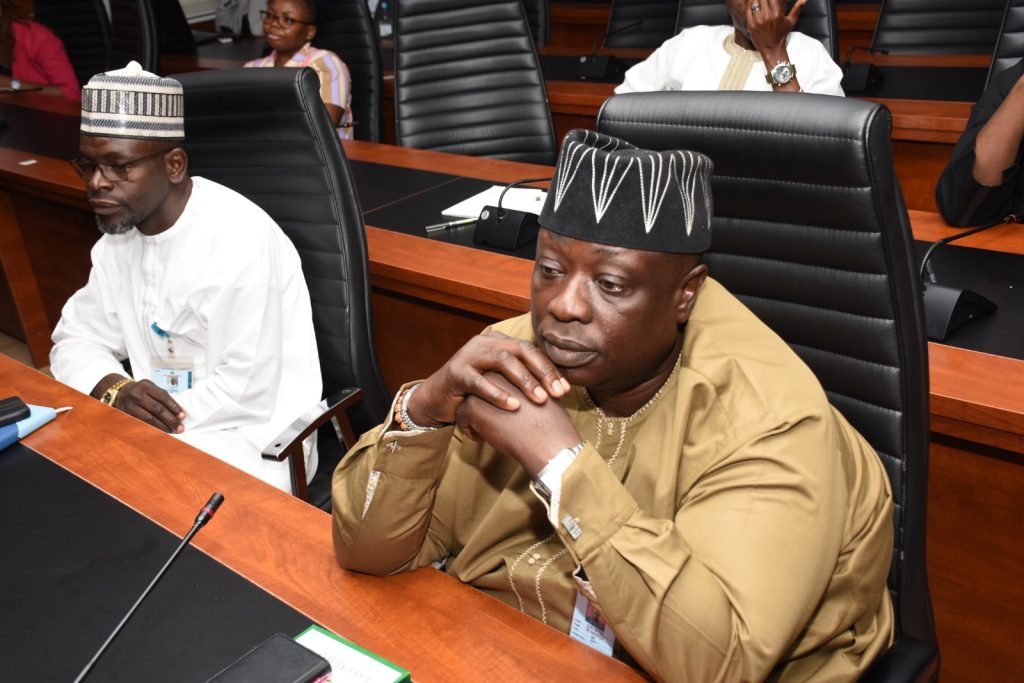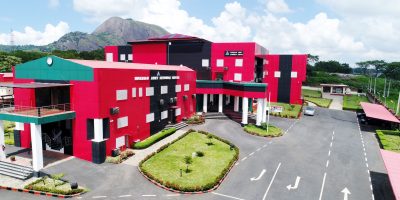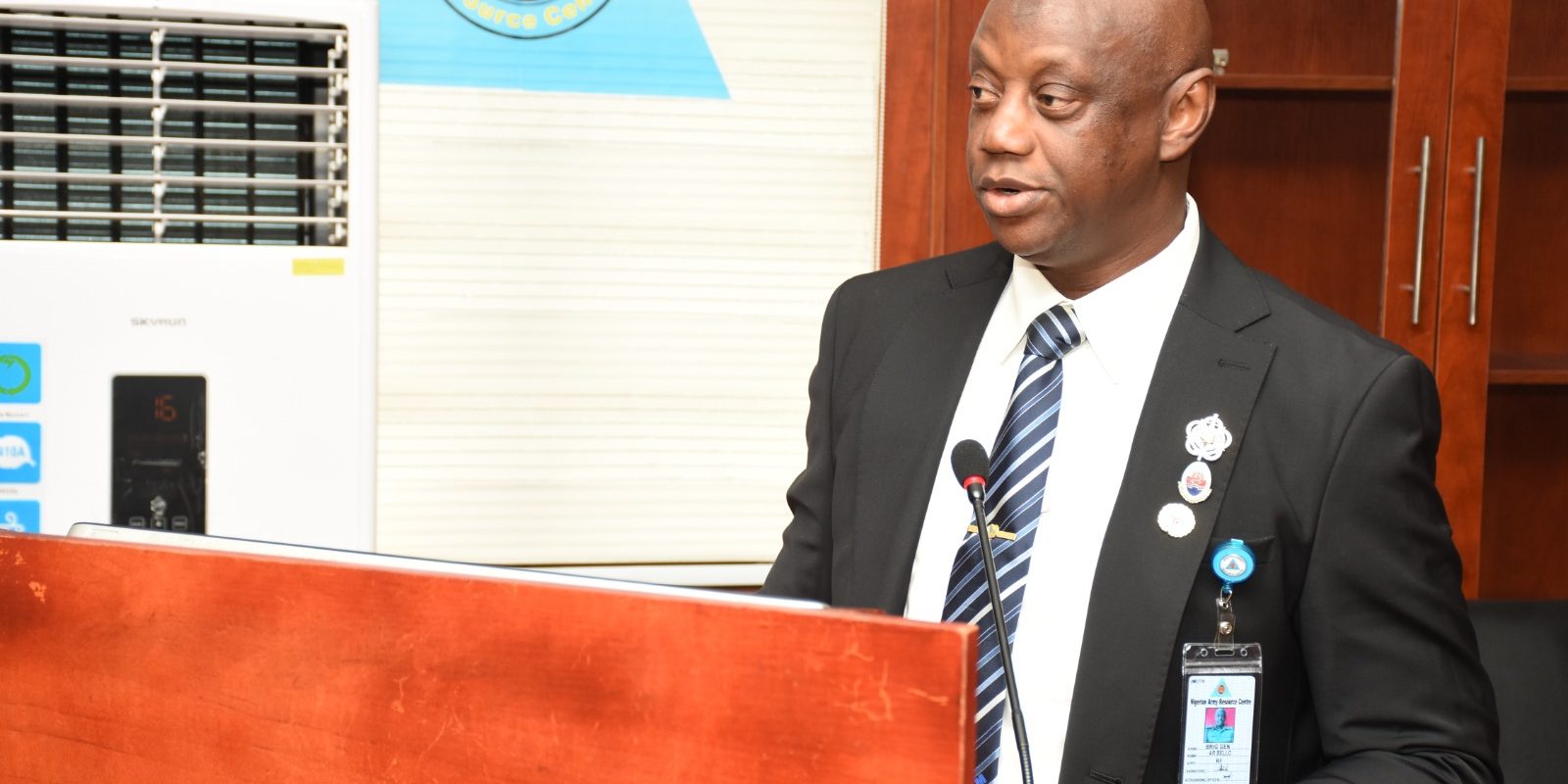Nigerian Army Resource Centre (NARC) Weekly Subject Experts’ Presentation was held at Hall C, TY Buratai Block, Abuja. There were two presentations made by the Subject Experts on Southern Africa and Middle East.
The first presentation was made by Col OR Akerele (Rtd) Subject experts on Southern Africa Centered his presentation on how, Zambia Electricity Supply Company To Add 500mw Of Solar Power To National Grid. Globally, people use electricity for lighting, heating, cooling and refrigeration and for operating appliances, computers, electronics, machinery and public transportation system. Electricity therefore remains an essential part of modern life and important to livelihood and growth of national economies. However, the inadequacy of this resource could also negatively affect living condition of people, and economic growth in all countries across the world. Specifically, the supply of electricity from Zambia’s National Grid has been found to be inadequate for various uses by Zambians. Hence, the Zambian Electricity Supply Company (ZESCO) has sought alternative means to boost power supply, promising to add 5000 Megawatts of solar power to the National Grid to improved energy supply to the citizens and improve living conditions in Zambia.
In his analysis and lessons for Nigeria, Col OR Akerele (Rtd ) pointed out that, Today, Nigeria faces persistent challenges in its electricity supply, with only about 61% of the population having assess to electricity (AI). While the country’s power generation has slightly increased with future promises of further improvement in generation transmission and distribution, consistent power supply remain a significant issue, with many not having 24 – hours access especially with the current plan of band segregation. The nation’s electricity is heavily reliant on thermal energy and natural gas but renewable energy sources like solar and bioenergy are still underdeveloped (Bada AO, 2024). Some identified challenges to energy development in Nigeria are Limited Access where only about 61% of the population have access to electricity, (Statistica, 2024), unreliable supply, infrastructure gaps, transmission and distribution problems and losses, frequent grid collapses and poor policy implementation. However, Nigeria’s electricity supply and management could be improved by developing a viable plan for renewable energy development, Investment in infrastructure, embarking on privatization reforms and collaborating with International organizations such as the IAEA to develop sustainable energy solutions.
He recommended that, The Federal Ministry of Power should enforce the implementation of reforms and policy towards boosting the capacity and sustainability of the national grid.
The second presentation was made by Brig Gen AR Bello Subject experts on Middle East focused his presentation on how, IMF Cuts Saudi 2025 Growth Forecast, Flags Slower Oil Rebound As A Drag On Region. On 22 April 2025, Reuters reported that the International Monetary Fund (IMF) had cut Saudi Arabia’s 2025 economic growth forecast, citing lower oil output projections and the impact of extended production cuts. According to the IMF’s latest World Economic Outlook, Saudi Arabia’s economy is now expected to grow by 5.5% in 2025, a downward revision from its earlier forecast of 6%. The revision reflects the continuation of Saudi Arabia’s voluntary oil production cuts under the OPEC+ framework, aimed at stabilizing global oil prices. Reuters noted that despite the downgrade, the IMF still expects a rebound compared to 2024, when Saudi Arabia’s economy was projected to contract by 1.1% due to sharp reductions in oil output. Non-oil sectors like construction and tourism were highlighted as key growth drivers offsetting some of the oil sector decline. The IMF also urged Saudi authorities to maintain fiscal discipline while pursuing their Vision 2030 economic diversification agenda, stressing the need to balance spending priorities without jeopardizing financial sustainability.
In his analysis and lessons for Nigeria, Brig Gen AR Bello stressed that, Nigeria, as one of Africa’s largest economies, has faced persistent economic challenges since its independence. These include heavy reliance on oil exports, corruption, political instability, and inadequate infrastructure. Over the decades, the IMF has played a significant role in supporting Nigeria during economic crises through financial assistance and policy advice. However, the relationship between Nigeria and the IMF has been characterized by both cooperation and controversy. Historically, Nigeria’s engagement with the IMF dates back to the 1960s, though major involvement began during the oil price shocks of the late 1970s and early 1980s. Economic mismanagement, a bloated public sector, and a collapse in oil prices pushed Nigeria into seeking IMF assistance. This culminated in the adoption of the Structural Adjustment Program (SAP) in 1986 under the military regime of General Ibrahim Babangida. The SAP was aimed at restructuring Nigeria’s economy through currency devaluation, subsidy removals, trade liberalization, and privatization of state-owned enterprises (Ajakaiye, 1990). Throughout the 1990s and early 2000s, Nigeria approached the IMF sporadically for technical support and policy consultations but avoided full-scale programs due to domestic political resistance.
More recently, during the COVID-19 pandemic in 2020, Nigeria received $3.4 billion under the IMF’s Rapid Financing Instrument to cushion the impact of the pandemic (IMF, 2020). The trajectory of IMF policies in Nigeria has evolved considerably. Initially, engagements were heavily focused on broad structural reforms — SAP being a prime example.
He recommended that, The Federal Ministry of Industry, Trade, and Investment should prioritize diversification efforts by supporting technology, agriculture, and service industries.
